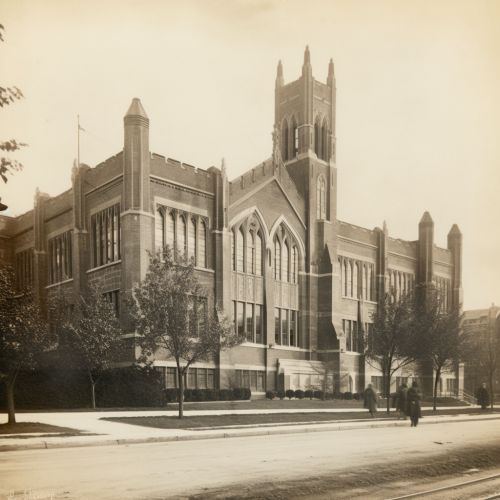Stokely Carmichael
Early Life
Stokely Carmichael was born on June 29, 1941, in Port of Spain, Trinidad, to Adolphus and Mabel Carmichael. His family immigrated to the United States when he was eleven years old, settling in Harlem, New York City. Carmichael excelled academically and was accepted into the prestigious Bronx High School of Science in 1956.


Education and Early Activism
In 1960, Carmichael enrolled at Howard University, a historically black university in Washington, D.C. There, he became involved in the civil rights movement, joining the Student Nonviolent Coordinating Committee (SNCC) and participating in the Freedom Rides of 1961.
SNCC Leadership and Black Power
Carmichael became the chairman of the SNCC in 1966, succeeding John Lewis. In June of that year, he gave a speech in Greenwood, Mississippi, where he first used the phrase "Black Power," a term that would become synonymous with his name and a rallying cry for a generation of African American activists.
Move to Black Panther Party
In 1967, Carmichael left the SNCC and joined the Black Panther Party, a revolutionary black socialist organization. He served as the party's "Honorary Prime Minister" and was influential in shaping its political philosophy and strategies.
Later Life and Death
After leaving the Black Panther Party in 1969, Carmichael moved to Guinea, where he changed his name to Kwame Ture in honor of African leaders Kwame Nkrumah and Sekou Toure. He lived in Guinea until his death from prostate cancer on November 15, 1998.
Legacy
Stokely Carmichael's legacy is complex and multifaceted. He is remembered as a passionate and charismatic leader of the civil rights movement, a proponent of black power and black self-determination, and a controversial figure whose radical politics were often at odds with the mainstream civil rights movement.
